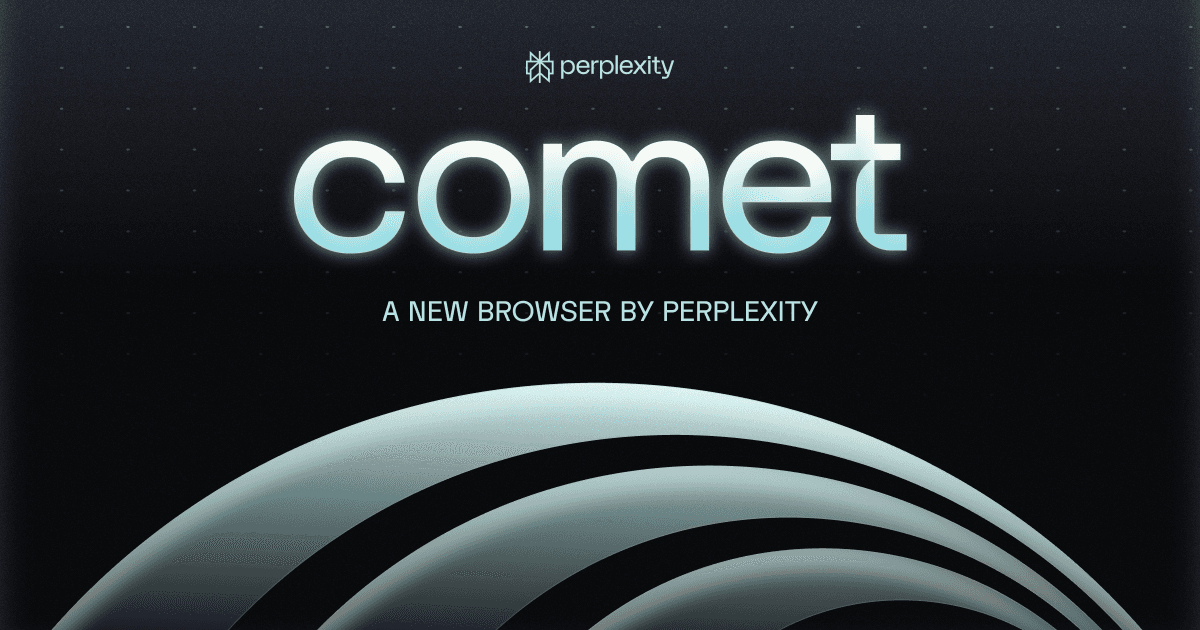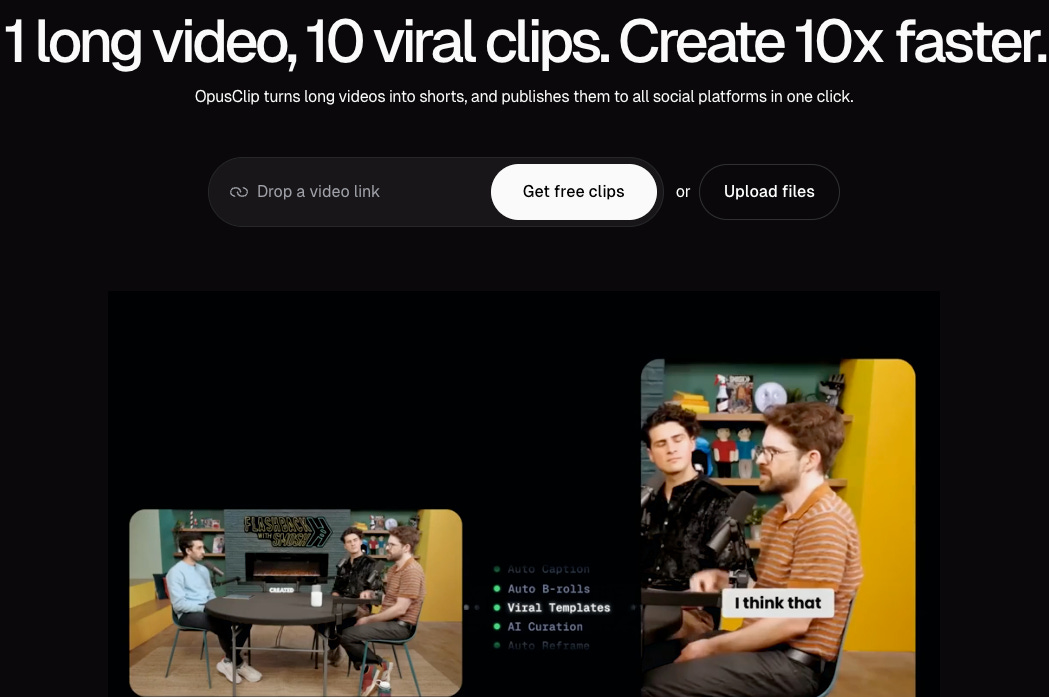Perplexity CEO Aravind Srinivas announced today that the company’s annual revenue has officially surpassed $100 million. This figure excludes revenue from free trials, covering consumer, business, and API income.
Srinivas stated that since the launch of Perplexity Pro in 2023, it took them 20 months to reach this $100 million revenue milestone, representing a 6.3x year-over-year growth. He also emphasized that there is still significant room for monetization.
Notably, the announcement used “Annual Revenue” rather than ARR. Given recent scrutiny over some companies’ financial disclosures, many have become cautious about using ARR as a key metric.
Perplexity’s growth over the past two years has been remarkable. Reports suggest the company is currently raising a funding round of up to $1 billion, which could push its valuation to $18 billion. This valuation surge seems astonishing—just over three months ago, Perplexity was valued at $9 billion, and in April 2024, only a year ago, its valuation stood at just $1 billion.
However, as large language models increasingly cover Perplexity’s core functionalities, competition is intensifying. In response, Perplexity has been exploring new directions. Recently, Aravind Srinivas revealed that the company will soon launch a new agentic browser called Comet.
Details about this browser remain limited, but Srinivas mentioned it is built on Chromium and may come with YouTube ads disabled by default. He emphasized:
As Perplexity reinvented search, we are now reimagining the browser.
According to him, building a browser is essential for providing AI agents with sufficient control across multiple applications, particularly on iOS. The vision is for these agents to assist users in booking trips, shopping, and serving as personal assistants for those who cannot afford a human executive assistant—a long-term ambition.
Hours ago, Srinivas further explained,
Imagine throwing Deep Research at all of your work and life context that is accessible on the web and asking AI to deeply reason, research, and figure out things for you. That will be Comet.
In addition, Perplexity’s core search product has recently introduced an Answer Mode, designed to make the core search product even better for verticals: travel, shopping, places, images, videos, and jobs.
If executed well, this could be a significant boost for Perplexity’s monetization. Srinivas highlighted the travel sector as an example—users can now book hotels directly on Perplexity, thanks to partnerships with TripAdvisor and Selfbook. They even plan to offer perks for Pro users, such as hotel booking discounts on Perplexity.
Srinivas believes that native transactions are the best way to go after the AdWords revenue. It will take a while to get right and make it seamless. Google is positioned in an evil but legal way to claim maximum credit for any brand awareness that another platform (research or social) provides users.
Meanwhile, Opus Clip, the AI Video Clipping and Editing tool, is nearing $20M in ARR. While it raised a new round of $20 million from SoftBank Vision Fund.
The story of Opus Clip is very inspiring, I did a deep dive into Opus Clip's founding journey, customer base, and growth strategy that propelled the company to its current success.
Founded by Young Zhao, Grace Wang, and Jay Wu, the company pivoted from an initial live streaming tool to focus on AI-powered video clipping technology that automatically transforms long-form content into engaging short-form videos optimized for social media platforms.



